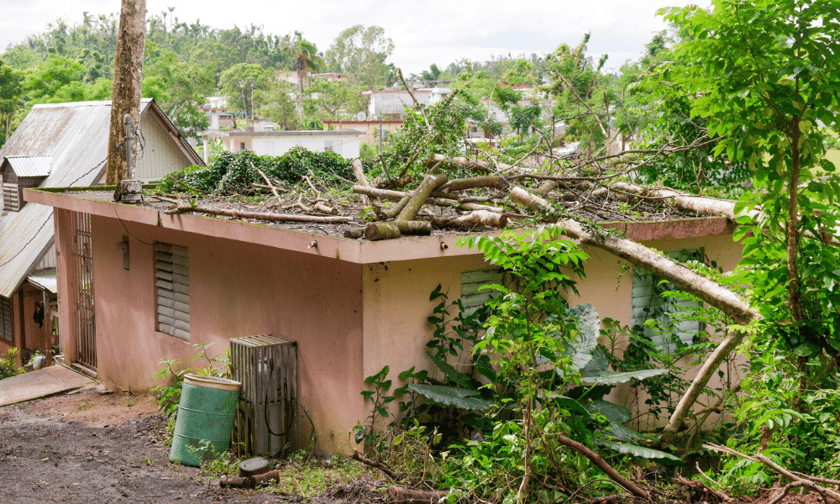

The Australian Consumers Insurance Lobby Inc (ACIL) has submitted a detailed proposal to the Australian Reinsurance Pool Corporation (ARPC) for the 2024 cyclone reinsurance pool premium rates review.
This proposal seeks to address the disparity in insurance premiums between Northern and Southern Australia, advocating for a more balanced and equitable system.
ACIL said that all regions, including those south of Port Macquarie, should contribute to the cyclone reinsurance pool.
Data from the University of Newcastle indicates that New South Wales has experienced cyclone events, suggesting the risk extends beyond the north.
ACIL said the current pool modelling does not sufficiently account for potential future cyclones in southern regions, leading to an unfair premium burden on Northern Australia residents.
It argued that private reinsurers would factor in cyclone risks for southern areas, and the pool should adopt a similar approach.
ACIL called for reinsurance costs to be disclosed on policy premium notices, allowing consumers to understand the impact of the pool on their premiums and ensuring insurers pass on any savings.
ACIL said it supports roof inspections for strata buildings before the cyclone season, which could reduce claims and enhance the pool’s effectiveness. Discounts should be provided for buildings that comply with inspection criteria, it said.
See LinkedIn post here.
ACIL chair Tyrone Shandiman said the pool must operate on principles of fairness and equity.
“It is imperative that the cyclone reinsurance pool operates on principles of fairness and equity. Residents in Northern Australia should not bear a disproportionate burden while southern regions contribute nothing. Our submission calls for a more balanced approach that ensures all Australians share the risk and benefits of cyclone insurance,” he said.
ACIL said its proposal aims to address the disparity between Northern and Southern Australia, advocating for fairer premiums and a more just reinsurance system.
ACIl is also currently pushing for comprehensive General Insurance Code of Conduct reforms amid consumer concerns. This initiative follows an increase in disputes between consumers and insurers, exacerbated by challenging market conditions and significant flooding events in 2022.
